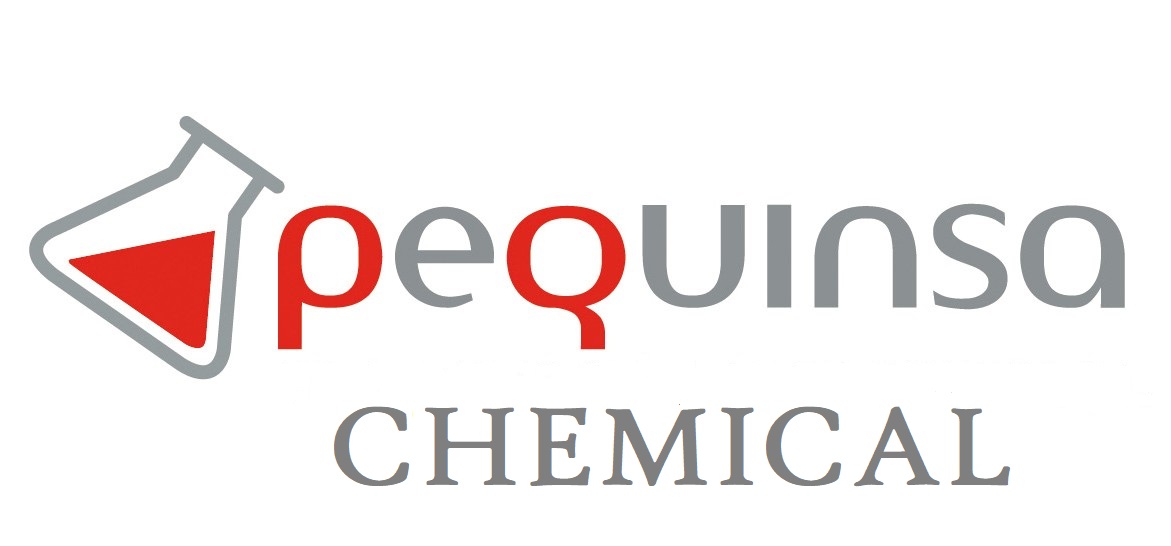-
Categories
-
Pharmaceutical Intermediates
-
Active Pharmaceutical Ingredients
-
Food Additives
- Industrial Coatings
- Agrochemicals
- Dyes and Pigments
- Surfactant
- Flavors and Fragrances
- Chemical Reagents
- Catalyst and Auxiliary
- Natural Products
- Inorganic Chemistry
-
Organic Chemistry
-
Biochemical Engineering
- Analytical Chemistry
-
Cosmetic Ingredient
- Water Treatment Chemical
-
Pharmaceutical Intermediates
Promotion
ECHEMI Mall
Wholesale
Weekly Price
Exhibition
News
-
Trade Service
Lansoprazole is a widely used proton pump inhibitor (PPI) that is often prescribed to treat a variety of gastrointestinal conditions such as acid reflux, heartburn, and gastroesophageal reflux disease (GERD).
It is sold under brand names such as Prevacid and is also available as a generic medication.
While lansoprazole is generally considered to be a safe and effective treatment option for those with gastrointestinal issues, it is important to take certain precautions to ensure its safe use in the chemical industry.
One of the key safety considerations when using lansoprazole in the chemical industry is the potential for the medication to react with other chemicals.
This is particularly true in cases where the individual is working with strong acids or bases, as well as certain metals.
It is important to ensure that all chemicals being used are compatible with lansoprazole, and that appropriate precautions are taken to prevent any potential reactions.
Another important safety consideration when using lansoprazole in the chemical industry is the risk of exposure to the medication.
This is particularly true in cases where the individual is working with hazardous chemicals, as there is a risk of accidental exposure.
It is important to ensure that proper safety protocols are in place, including the use of personal protective equipment (PPE) such as gloves and goggles, to minimize the risk of exposure.
In addition to these specific safety considerations, it is also important to be aware of the potential side effects associated with lansoprazole use.
While most individuals tolerate the medication well, it is possible to experience side effects such as headache, diarrhea, and nausea.
It is important to report any side effects to a healthcare provider, as they may be able to adjust the dosage or recommend alternative treatment options if necessary.
Finally, it is important to be aware of the potential risks associated with long-term use of lansoprazole.
While the medication is generally considered safe when used for short-term treatment of gastrointestinal conditions, long-term use has been associated with an increased risk of certain side effects such as osteoporosis and pneumonia.
It is important to use the medication as directed by a healthcare provider and to discuss any concerns about long-term use.
In summary, lansoprazole is a safe and effective treatment option for those with gastrointestinal conditions.
However, it is important to take certain precautions when using the medication in the chemical industry to minimize the risk of accidents and to be aware of the potential for interactions with other chemicals.
It is also important to be aware of the potential side effects and risks associated with long-term use of the medication.
By taking these precautions and following the advice of a healthcare provider, individuals can safely use lansoprazole to manage their gastrointestinal conditions.







